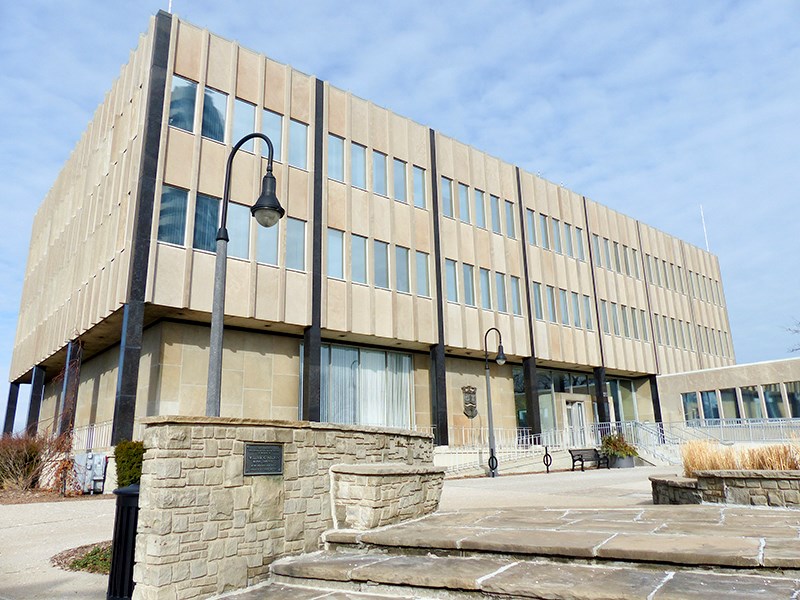Last month, a story was published in The Journal about the members of city council missing from a diversity training session hosted by EQU8 Strategy Inc. It mentioned that two of the city council members opted not to attend.
To quote one of the missing council members, Coun. Bill Dennis: “There is no way I’m going to go to that. I treat everybody well. All this stuff is divisive. I’m not going because I don’t agree with it.”
The comment that diversity training is divisive is interesting.
At face value, diversity training within the workplace aims to educate people on how to be more inclusive towards people who have different life experiences, languages, culture, gender etc. In other words, it aims to educate people about their contexts.
Each person comes into any situation with their own unique experience that means they move through the world slightly differently than every other person. The more you have in common with others, the easier it is to identify with them, which in turn means it becomes easier to connect.
Diversity training aims to bridge the gap between the individual contexts and promote harmony amongst a group. So, the comment about the training’s divisiveness seems to be the antithesis of the point to the entire thing.
Of course, this becomes more complex the more you consider how and why certain contexts need deeper understanding because it also means diving deeper into existing ideologies that are heavily debated.
In another quote from the article from Coun. Bill Dennis: “It just turned into a session where I was told I was a white supremacist and that is just not true. I treat everybody nice.” This was in reference to a previous diversity training from 2021 that ended in disruption which you can read about here.
It would seem the opposition towards diversity training lies in Coun. Bill Dennis aversion to being accused of white supremacy: an example of the questioning of a deeper ideology that comes into query when topics of diversity are discussed.
The point of diversity training then becomes muddled in these larger discussions (not that they do not have their merit--they absolutely do) because of defensiveness rather than what they set out to do which is to extend empathy towards one another.
Empathy, which is defined as the ability to understand another person, is an essential human skill. And I say skill because I believe it is not something that is fixed but can be improved upon. And how do you improve any given skill? Through education and practice.
The basis of empathy is curiosity. Curiosity means not getting defensive and remaining open to learning about another’s point of view. Even if the conversation is a difficult one.
So, by shutting down an opportunity to learn about other’s experiences, such as diversity training, you are then turning away a chance to build on a skill. A skill, that one could argue, is immensely important not only for politics but as a person relating to another person.
It is important to stay curious about our fellow human beings and reflect on our own shortcomings.
It is important to recognize that it is not enough to treat people nicely. To be respectful, we must know more about a person’s lived experience to treat them well. In other words, try and understand where they come from.
Katie Freeman is a born and bred Sarnian with a preoccupation for people and culture/art at large. Tackling the big picture and how it relates to the human experience is what keeps her curious. She has an English Lit & Rhetoric degree from the University of Waterloo, a cat, and crippling addiction to fantasy novels.
